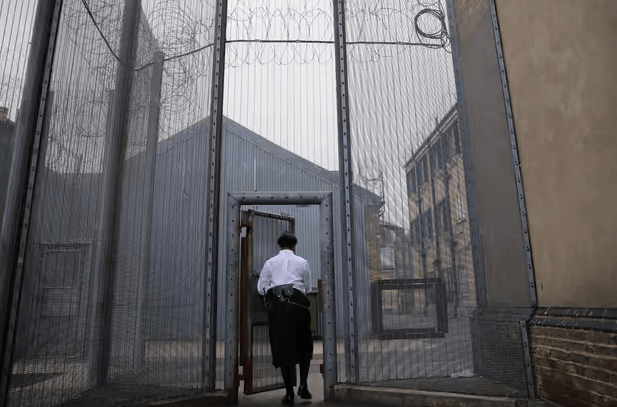Prison Release Allowance - A Tool to Reduce Crime in California
Persons released from prison receive $200, an amount unchanged since 1973

In 1973, a gallon of gas was 39 cents and the median cost of a California home was $31,460.
It goes without saying those things have changed over the last 49 years.
What hasn't changed is the amount a discharged prisoner receives from the California Department of Corrections and Rehabilitation when released from prison. That amount remains at $200. Considering the increases in virtually every aspect of day to day costs of living, what kind of relief does that provide to the released prisoner who now faces the well-documented challenges of community reintegration? Experts who work in crime prevention and intervention agree that the first few days after release are the most critical to avoiding reoffending. This includes the resources they have access to; financial support, family and friends, safe and stable housing.
$200 doesn't go very far anymore for anyone, much less someone starting anew after completing a prison sentence.
If policy makers and community leaders are serious about reducing crime and recidivism rates - and that's certainly been an issue during this current political cycle - a common sense tool would be to financially assist newly-released prisoners with a sum that, at the very least, matches the current cost of living.
California Senate Bill 1304, sponsored by State Senator Sydney Kamlager (SD30-Los Angeles), which cleared the Legislature and is awaiting Newsom’s signature, would raise the amount of money that the California Department of Corrections and Rehabilitation gives people when they’re released from prison. This bill would increase the sum given to released prisoners to $1,300, then starting in 2024, that amount would rise to keep up with the rate inflation.
A common scenario for a newly-released prisoner looks like this:
Pay for a new clothing outfit and shoes to wear when leaving prison. If no one can pick up you, paying for transportation wherever "home" is now, which could be a motel room that you also need to pay for. Pay for a new driver's license or ID and Social Security card since that's needed for almost anything, including trying to find a new job.
$200 vanishes like *that.*
“And then you demand that they be successful, stay out of trouble and don’t get involved in some of the same behavior that got them maybe locked up in the first place,” Kamlager said. “That’s just a formula that doesn’t make any sense.”
Released/paroled prisoners paid their debt. It's in their best interests and the interests of the community for the state to do what they can to help those persons start the next chapter of their life in a position to succeed as much as possible.
Read the LA Times column "If California really wants to reduce crime, not just talk about it, it’ll cost $42 million" about Senate Bill 1304.










